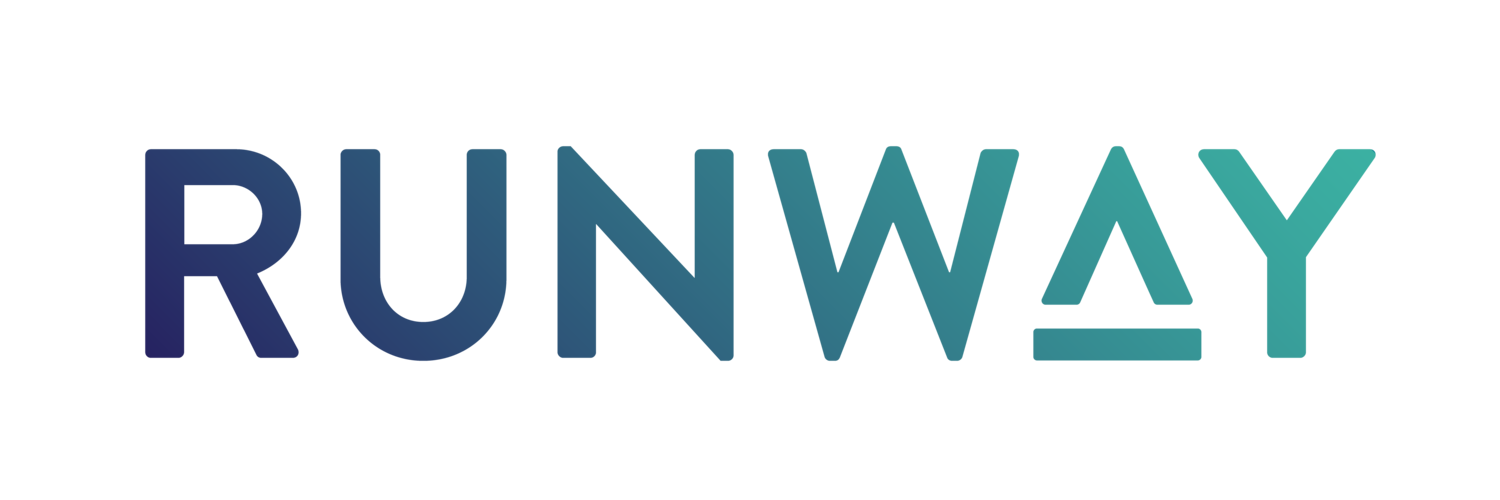From Me to We: Moving From Individual Wealth to Collective Wealth
Credit: Megan Totah Design
“Old ways won’t open new doors.” –Unknown
In the pursuit of economic empowerment, Black entrepreneurs have long navigated a challenging landscape riddled with systemic racism and oppressive structures. The idea of individual wealth, while appealing on the surface, has often left many in our communities marginalized while reinforcing existing disparities. It's time for a major shift in perspective. What if we moved from the confines of individual success to the transformative power of collective wealth?
The focus on individual wealth-building has always been a driving force for entrepreneurs, including those in our community. We have an opportunity to envision a world where financial success is intricately woven with the prosperity of our communities. What could emerge if we dared to redefine what success really means?
The Power of Collective Wealth
Black entrepreneurs have historically faced systemic barriers, including limited access to capital, discriminatory lending practices, and a lack of equitable opportunities. In the face of these challenges, the traditional path to individual wealth often leaves many behind. A paradigm shift towards collective wealth emphasizes the strength and potential that lies within working together, moving in deep collaboration, and building intentional, resilient economic ecosystems.
Cooperatives have long been on the Black liberation checklist, and are examples of collective wealth-building where the blueprint of success lies in cooperation, solidarity, and mutual empowerment. In a cooperative, members collectively own and operate the business, sharing the profits and decision-making responsibilities. By pooling resources and skills, Black entrepreneurs can create sustainable enterprises that prioritize community needs. Embracing cooperative models could revolutionize the way we create generational wealth, build power within Black communities, and actively challenge racialized capitalism
What could this look like out in the world? In a neighborhood with limited access to fresh produce, a group of Black entrepreneurs and community organizers could establish a food co-op, like Mandela Grocery in Oakland. By working together, they secure bulk purchasing, create job opportunities, and address food deserts, leading to economic growth and improved well-being for the community.
Or, cooperatives focused on arts and culture, like Black Table Arts in Minneapolis, can be formed to provide opportunities for Black artists, creatives, and entrepreneurs to showcase their talents and gain economic benefits collectively while organizing for more equitable Black futures . We can liberate ourselves from exploitative systems by fostering cooperative structures that prioritize equity and communal well-being.
Building a Collective Culture
If we shifted our focus from individual success stories to the power of collective values and social responsibility, a new paradigm of prosperity could emerge—one rooted in the flourishing of our entire community. In order to build a collective culture, we must nurture collective values. Transitioning from individual wealth to collective wealth requires embracing a culture that places community interests at the forefront.
Values like collaborative mentorship, where Black entrepreneurs who have achieved financial success can play a pivotal role in mentoring and supporting aspiring entrepreneurs, and values like resilience where we commit to healing and restoration within Black-led organizations to encourage and empower financial sustainability that aligns with our communal capacity, are necessary for a more equitable economic vision to take root.
Building collective wealth is not an isolated effort; it requires partnerships and community. Black entrepreneurs can join forces with community organizations, non-profits, and like-minded businesses to create a united front for financial sustainability and social impact.


